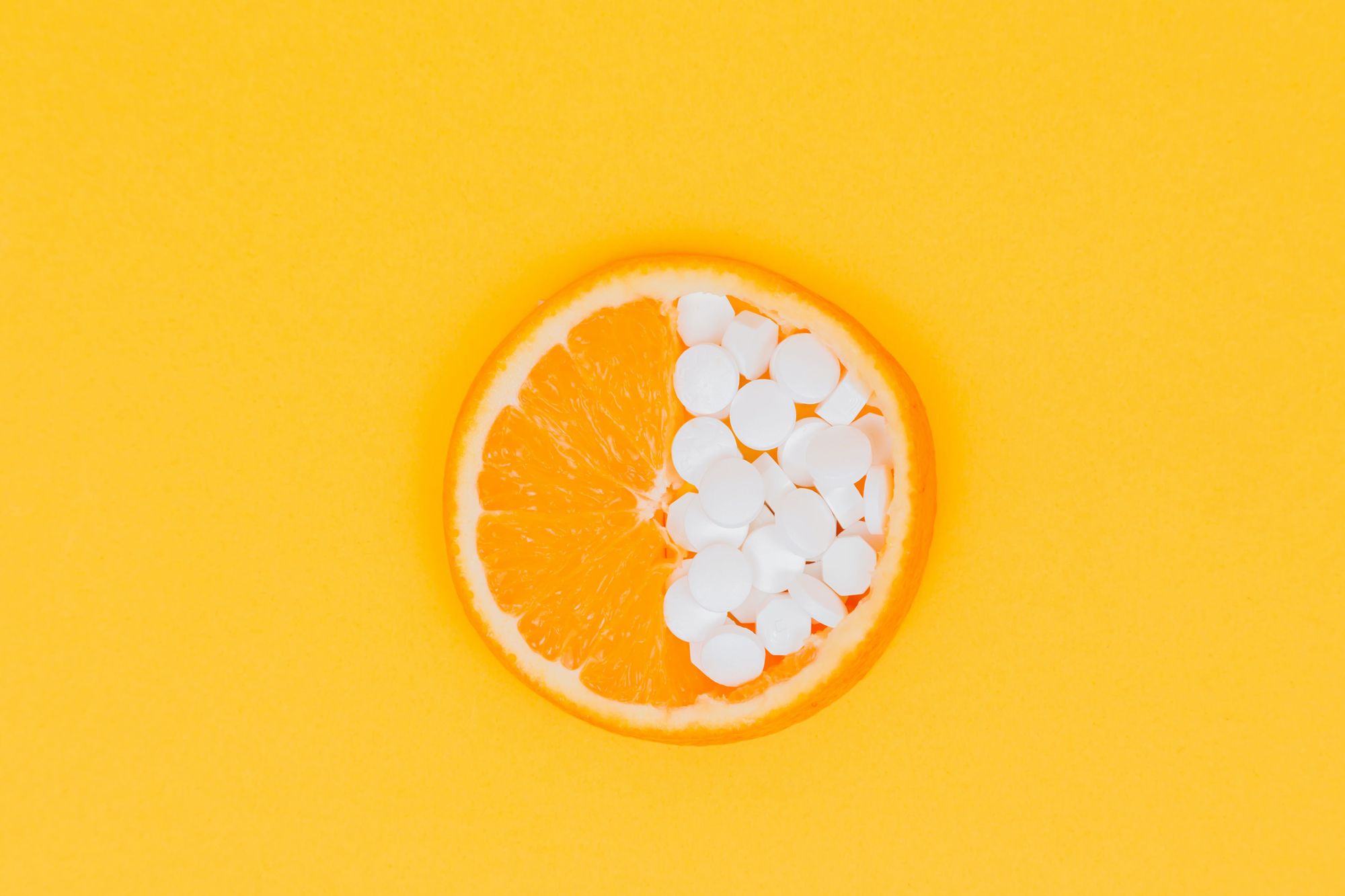Pregnancy is a critical period where women experience a lot of things, from physiological─that is metabolic and hormonal─to psychological changes.
In facing those changes, women need additional nutrition intake that is adequate to ensure the safety of their babies and their own selves. While the macronutrients (carbohydrate, proteins, fats) are most often talked about, the vital role of micronutrients such as vitamins and minerals in pregnancy are simply cannot be abandoned. Why vitamins and minerals are so significant in pregnancy? What are vitamins and minerals to focus on?
The roles of vitamin and minerals in pregnancy
Huge percentage of physiological processes occur in the body have micronutrients involved in it. For example, the chemical reactions in metabolic activities, transportation of energy and oxygen, nervous system regulation, construction of bones, and body cells protection from harmful and damaging substances. All those complex reactions and processes cannot be performed optimally without the adequate amount of vitamins and minerals in the body.
With pregnancy, women experience the increased demand of vitamins and minerals to support them and their foetus. Neglecting this need can lead to adverse outcomes during pregnancy and later on when the child enters other life stages. During pregnancy, deficiencies of micronutrients cause problems such as anaemia, preeclampsia, viral infections, restricted foetal development, and on severe cases can cause premature birth and foetal mortality.
After recognizing the importance of vitamins and minerals for pregnant women, the next question is, what are the most essentials among them that need special attention?
Vitamins and minerals to focus on:
1. Iron
Iron is needed primarily to produce healthy red blood cells transported to foetus. The increase of blood volume (up to 1,5 to 2,0 litre per day) during pregnancy would result in the demand of more iron. While unpregnant women would need 18 mg iron per day, pregnant women would need iron up to 27 mg. Several complications would appear as consequence of inadequate amount of irons in a woman’s body. Anaemia, fatigue, and headache are some of prominent complications. For the foetus, lack of iron will lead to premature birth or low-birth weight. How to accomplish sufficient iron in the body? It is by incorporating well-cooked red meat, nuts, beans in your day to day consumption. While liver is also high in iron, National Health Services UK recommends to stay away from it during pregnancy because it also has high in vitamin A.
2. Folic Acid
Folic acid or vitamin B9 is one of the major vitamins women should make sure it is enough provided in the body. Otherwise, neural tube defect will occur. Neural tube defect is malformation of embryo’s brain. It usually happens in the first month of pregnancy. To prevent this, it is recommended for women to consume 600 micrograms since at least 1 month before pregnancy and continue until 12th week pregnancy. Since your body cannot produce folic acid, you can obtain it through consuming legumes (beans, peas, lentils), eggs, leafy greens and beets.
3. B Complex
B complex, which includes B1, B2, B6, and B12, play critical roles in supporting women and their foetus during pregnancy. Placenta, that carries food and other nutrients from the mother to the baby, requires a lot of vitamin B complex to build one. In addition, vitamin B complex is involved in metabolism, hence it will impact the amount of energy produced in the body. If you include meat, poultry, eggs, dairy products, leafy greens in your daily diet, you can almost be sure your needs are being fulfilled.
4. Vitamin C
Healthy bones, strong muscles, and well-functioned immune system are closely linked to the adequate amount of vitamin C. For pregnant women who are older than 19, they should at least get 85 mg of vitamin C each day. If they are younger than 19, the minimum amount is 80 mg per day. Fruit and vegetables like orange, lemon, strawberries, broccoli, and brussels sprouts are rich in vitamin C.
5. Vitamin D
Vitamin D contributes to the healthy foetus’s bones, teeth, and calcium regulation in the body. In addition, vitamin D will also take part on ensuring good eyesight of the foetus and their skins. Many people are known for low level of vitamin D. With that being said, women are encouraged to take 600 IU of vitamin D per day to fulfil their needs. Good source of vitamin D are oily fish (salmon, sardines, mackerel), red meat, liver, and egg yolks.
Ensure to consume micronutrients
After talking about these vitamins and minerals, how can women ensure they consume enough micronutrients? The best way to do this is by consuming variety of foods per day along with macronutrients. Replace unhealthy and low-nutrients snacks with nutritious ones such as vegetables and fruits. To maximize the intake, it is recommended for pregnant women to eat in small frequent meals. Keep body hydrated with 1,5 to 2 litre of mineral water per day. These small steps are vital to healthy and successful pregnancy.
Last but not least, recommended food and supplement to fulfill nutrient needs can differ from a person to another. This is due to each individual’s genes unique response to different diets. Wondering about how your own genes affect your diet? Nala NutriReady™ can help you figure it out. Contact our Costumer Service on call 08119941440.





Leave a Comment